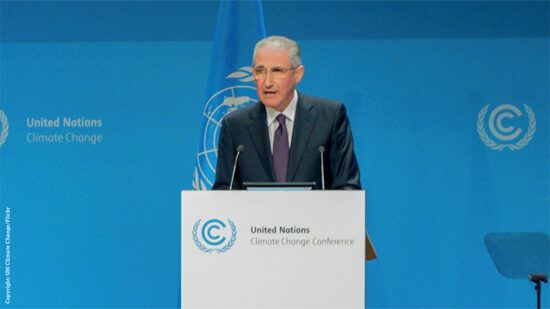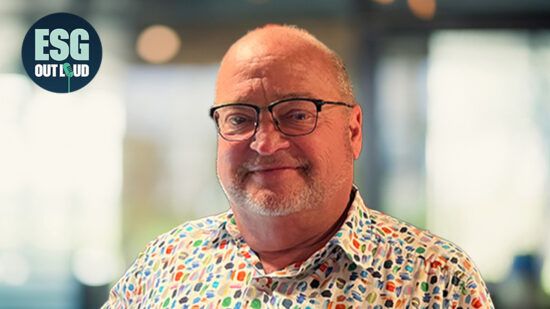PA Future spoke with Will Goodhart, CEO at CFA UK – which has recently launched their Impact Investing Certificate – to find out about the interest in impact investing, and whether it’s becoming ‘the new ESG’.
What was the impetus behind creating the Impact Investing certificate, which you launched earlier this year?
We follow demand. We developed the Certificate in ESG Investing in 2019 because we could see that investment professionals wanted to know how to integrate ESG considerations into their investment processes. Their clients were asking for that because they were aware that these factors had the capacity to be material and to effect returns.
We launched the Certificate in Impact Investing earlier this year because we could see that an increasing number of investment professionals want to understand what impact investing is (and is not) and how to develop, manage and report on impact investments for their clients.
How have people responded? What have the sign-up levels been like?
The sign-up levels have been great. Individuals across the investment chain are earning the qualification and it is starting to be adopted by employers. We’re closely in line with our forecast and seeing the same shape of demand and registration that we did with the ESG certificate, but at a lower level. Impact is a more specialised field than ESG.
ESG factors are present in all investments and all investment professionals should be able to manage those risks and design products that take advantage of the opportunities generated by more sustainable production and consumption.
Not all investments will be impact investments. Impact is at the top of the sustainable investing product range. It’s about intentionality, process, management, measurement and reporting. If an investor doesn’t understand that and doesn’t practice that, then they are not impact investors. It’s important to define the impact label well – as the Financial Conduct Authority (FCA) has done – to protect the brand from being attacked and devalued in the way that ESG has been.
A recent American Century study found the appeal in impact investing had declined globally by 5% in 2023 compared to 2022, with the biggest decline in appeal seen among Gen Z investors. Does that concern you at all?
My understanding is the survey asked people how much return they are prepared to sacrifice to generate returns. That concerns me much more than a relative decline between generations. You can invest in deep impact with an acceptance that you might receive lower than market-rate risk-adjusted returns, but you do not have to. There are plenty of impact investing opportunities that deliver attractive returns and that can – and should – play a valuable role in diversifying people’s portfolios. Renewables, social housing – these are both areas that can offer attractive returns.
As we start to get better at valuing the contribution that impactful companies can make in addressing sustainability challenges, it becomes more likely that those companies will offer healthy returns. Capitalism uses the private sector to solve people’s needs. That’s what impact investing is doing – sometimes with state support through blended finance, and sometimes addressing systemic needs rather than an individual’s ones, but it is capitalism and not philanthropy nonetheless.
Given those findings, what factors could see the appeal of impact investing rebound over the next few years?
We have a growing need to address the climate crisis. We need to transition to net zero. We also need that transition to be a ‘just’ transition, which takes account of those affected by the transition. In that context, impact investing – where the investment is designed to address environmental and social challenges – will represent a larger share of the total market. The potential importance of impact investing and the need to define and protect the impact investing brand is behind much of the positive regulatory change that we are seeing that will support the field. And, just to be clear, I don’t think the appeal of impact investing needs to ‘rebound’. It has been growing steadily over recent years as more people come to understand it and to appreciate its benefits.
As ESG has become an intrinsic part of risk management across the wealth management industry, could you describe impact as ‘the new ESG’, in the sense that not everyone does it but people are scrambling to get impact strategies on the market to meet demand?
In some ways I don’t want impact to be seen as the ‘new’ ESG. ESG has been an unfortunate title for sustainable investing as it can mean very different things. For many investment professionals, ESG investing means taking account of environmental, social and governance factors in analysing and valuing securities and in constructing and managing portfolios. It’s about considering ESG as risk factors.
For many end investors, ESG means investing with a view to create positive environmental or social change. It can be, but often isn’t. But that is absolutely what impact investing is – investing to create measurable, positive social or environmental change alongside a financial return. So, I describe impact as what ESG wants to be when it grows up. It’s about moving from a world of risk and return (where ESG is part of risk) to a world of risk, return and impact.








